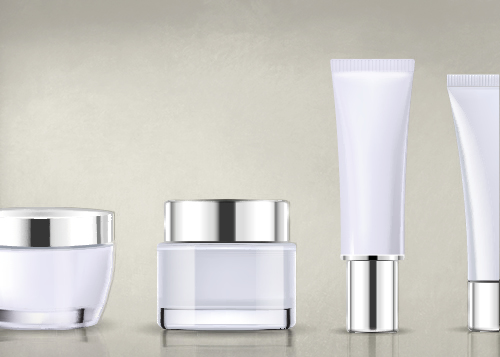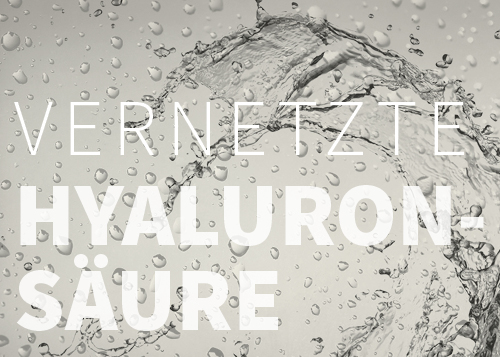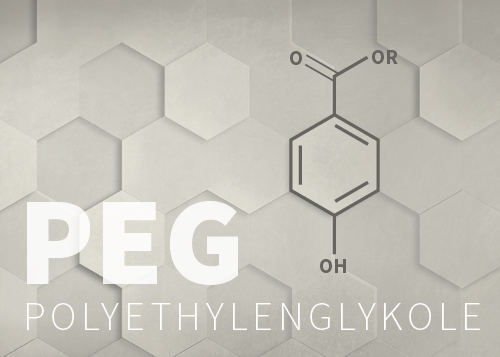We all know it: Too much sugar has a considerable negative effect on the bikini figure. But that’s not all. Not only does sugar cause diabetes and increase the risk of heart attack by damaging the coronary arteries (coronary heart disease), it also leads to arteriosclerosis (calcification of the arteries) and damages the joints.
But what effect do smoothies, pasta and sweetened yogurts have on the skin’s firmness?
Is it possible that by avoiding household sugar (sucrose) and the sugar in fruit (fructose), the skin will become finer, pimples will disappear and acne outbreaks will be reduced?
Here’s a scientific explanation
Sugar is used as an energy supplier, as fuel in our tissues and brain. However, excess consumption of it activates, among other things, an unspecific inflammatory process in the body. Weight gain and joint pain (especially in rheumatics) are some of the consequences.
But the skin suffers too: The excess sugar ends up as “sticky mass” between the collagen fibers and stiffens the tissue, making the skin structure old.
More specifically, sugar reacts chemically with proteins and fats (lipids) and forms so-called glycation end products, also known in the technical jargon as “advanced glycation end products” (AGEs).
These AGEs have no use and cannot be metabolized/processed in the body. As waste products, they make work for the kidneys. But only part of it is actually excreted by the kidneys, the rest is stored in the body, including the skin.
As a consequence, the body identifies these end products as foreign and produces antibodies against the AGEs: an inflammatory reaction occurs. The cross-linkage between the AGEs, the proteins and the skin’s elastin also results in structural damage. Thus wrinkles are formed, tonicity decreases and the skin becomes less elastic.
Furthermore, these decomposition products cause damage to the microcirculation, i.e. damage to the smallest blood vessels. Together with the natural decline of cell turnover with increasing age, the skin loses volume.
The youthful appearance fades.
Conclusion
The more sugar the body is supplied with, the more glycation end products are produced, and the faster the skin ages.
Tips for healthy skin
- Be sure to consume lots of fresh vegetables and healthy proteins (e.g. lentils) and berries.
- When possible, avoid foods with a high sugar content (high glycemic index) such as white sugar, raw sugar and glucose.
- Minimize the fructose content: fewer bananas, oranges, sweet pineapples, etc.
- Exercise regularly: this breaks down the AGEs, reduces the body’s fat content and also supplies blood to the outermost skin structures.
- If you suffer from acne, also reduce your milk consumption. It is still unclear whether it is the hormones, the milk fat or the milk proteins which negatively affect the production of the skin’s sebaceous glands and cause pimples to form.
- Smoking disrupts microcirculation and further promotes this negative impact.
Live healthily. Your skin will thank you for it.





